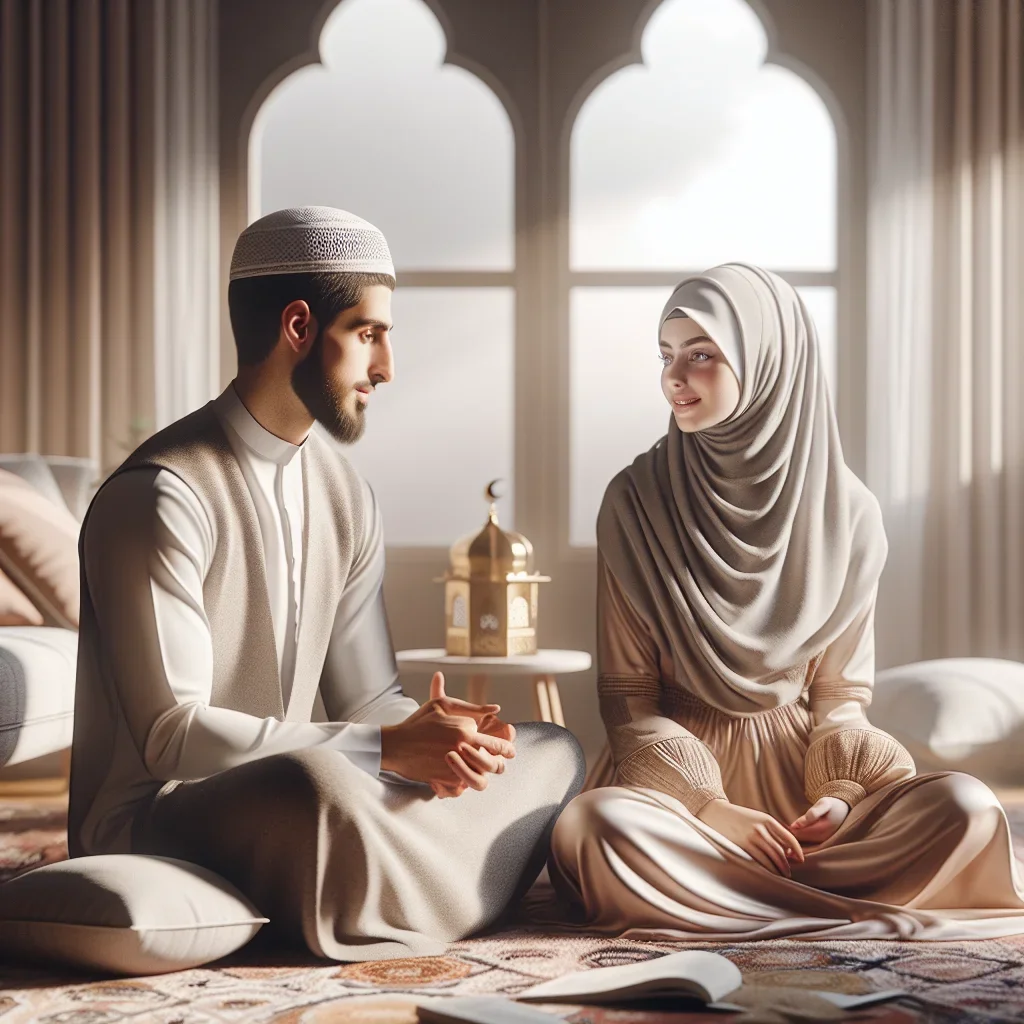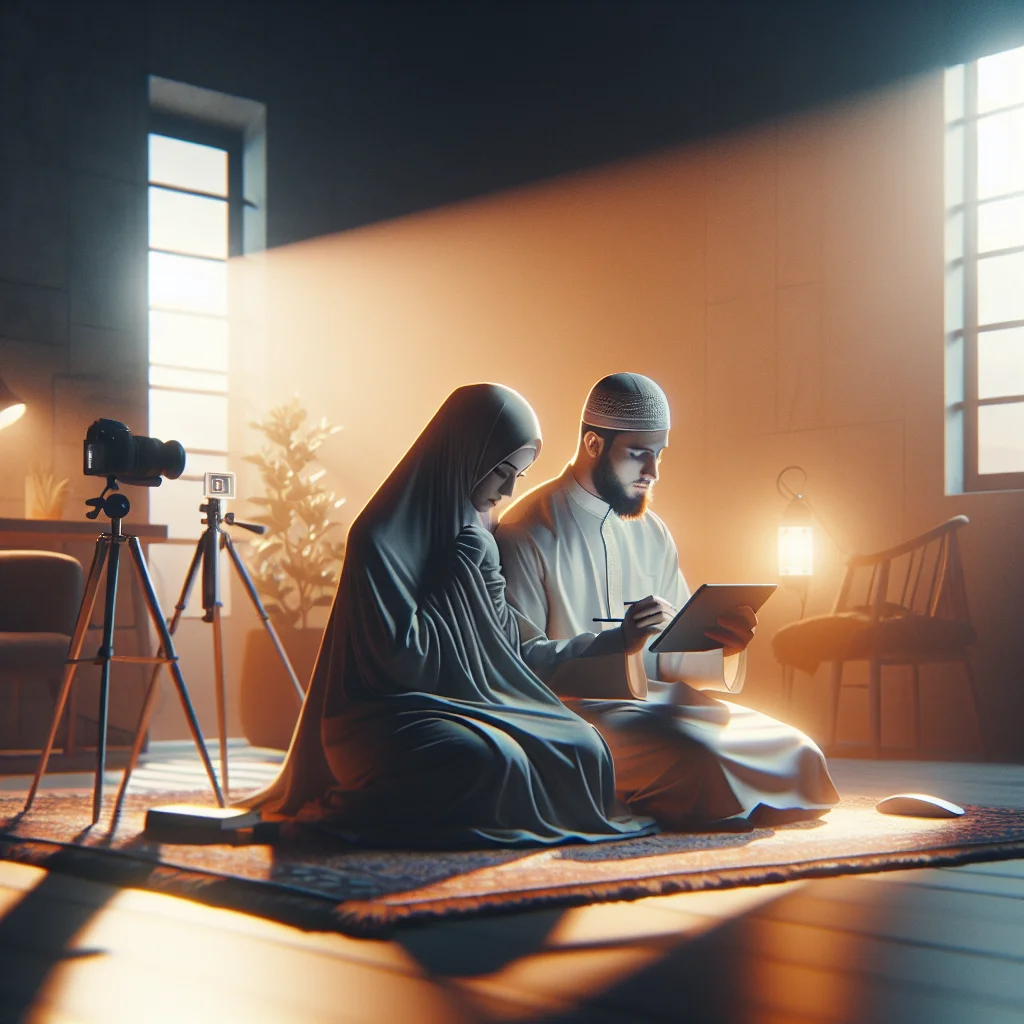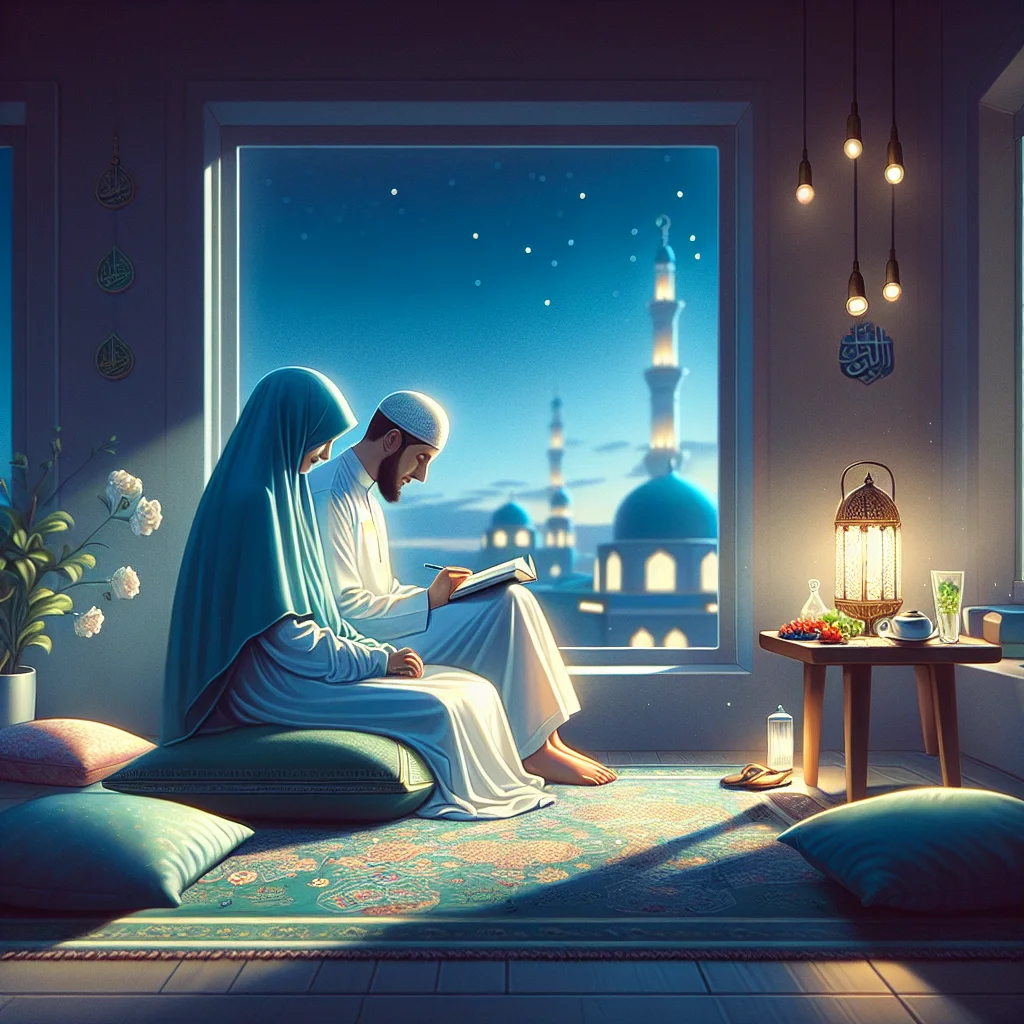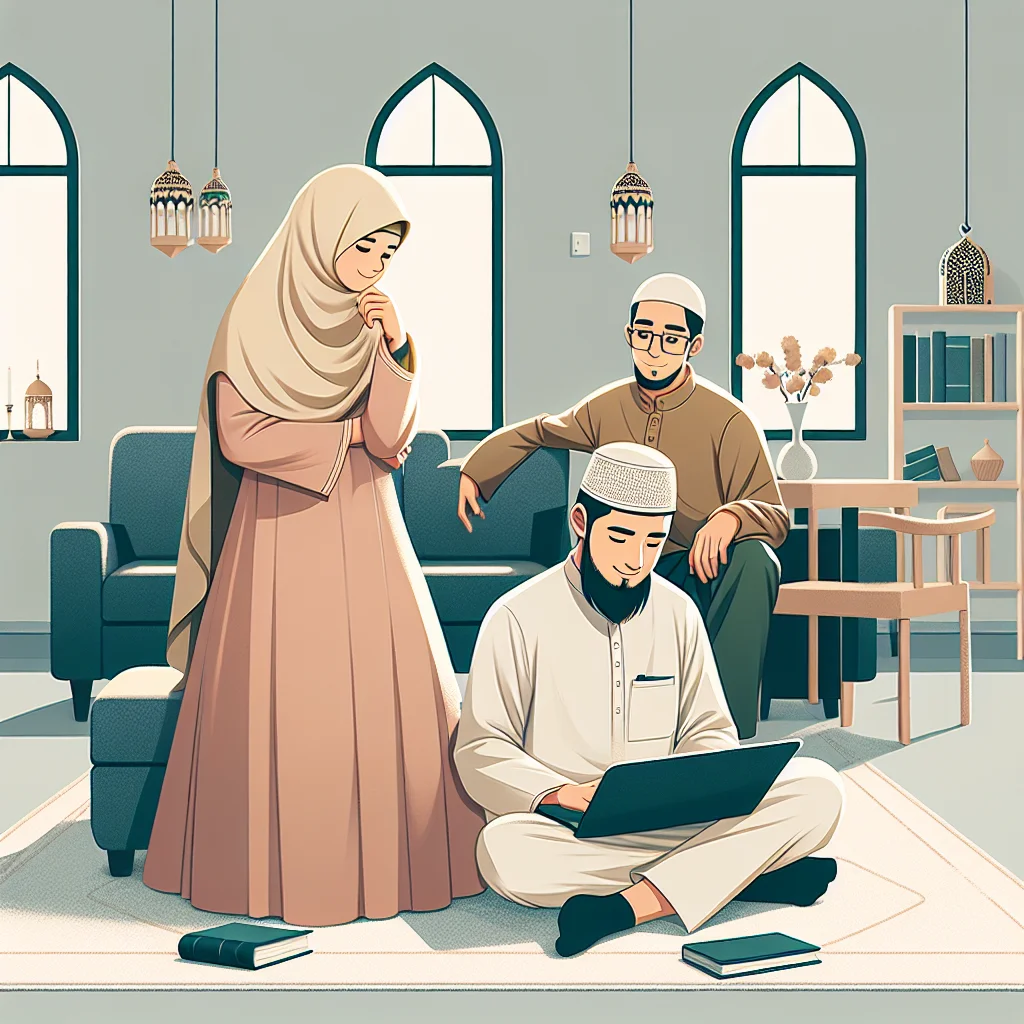Navigating Modern Gender Roles and Expectations Within Muslim Marriages
In today's rapidly changing world, the dynamics of relationships and marriages have evolved significantly. As Muslims striving to uphold our faith and values, it is crucial to navigate modern gender roles and expectations within the context of Islamic marriages with wisdom and understanding.
Islam provides a comprehensive framework for marriage, emphasizing mutual respect, love, and cooperation between spouses. However, societal norms and expectations often influence our understanding of gender roles within marriage. It is essential for Muslim couples to strike a balance between traditional Islamic teachings and contemporary expectations.
One of the key principles in Islam is the concept of mutual respect and equity between husband and wife. The Quran emphasizes the importance of kindness, compassion, and understanding in marital relationships. Both spouses are encouraged to support and help one another in fulfilling their respective roles and responsibilities.
While Islam recognizes some distinct roles for men and women based on their biological and emotional differences, it does not limit individuals to specific predetermined roles. Men are considered the maintainers and protectors of their families, while women are seen as caretakers and nurturers. However, these roles are not fixed in stone and can vary based on the needs and circumstances of each couple.
It is essential for Muslim couples to communicate openly and honestly about their expectations, preferences, and boundaries in marriage. Mutual understanding and compromise are key to navigating modern gender roles effectively. By fostering an environment of respect and mutual support, couples can create a harmonious and fulfilling marriage that aligns with Islamic principles.
Furthermore, it is vital for both spouses to seek knowledge about their rights and responsibilities in Islam. Understanding the principles of Islamic marriage, such as the concept of mahr, rights to inheritance, and the importance of kindness and communication, can help couples build a strong foundation for their relationship.
In today's society, there is a growing emphasis on gender equality and empowerment. As Muslims, it is crucial to uphold the values of justice, fairness, and equality in all aspects of our lives, including marriage. Both husband and wife should strive to support each other's personal and professional goals, while also fulfilling their roles as spouses and parents.
Remember that patience, empathy, and compassion are essential qualities in navigating modern gender roles within Muslim marriages. By upholding the values and teachings of Islam, while also adapting to the changing dynamics of society, couples can cultivate a relationship based on love, understanding, and mutual respect.
In conclusion, navigating modern gender roles and expectations within Muslim marriages requires a thoughtful and balanced approach that incorporates Islamic teachings and contemporary values. By prioritizing communication, mutual respect, and understanding, couples can create a marriage that is fulfilling, harmonious, and aligned with the principles of Islam.
To find a righteous partner, install the Good Spouse app: http://goodspouse.com/go/en
Install the Good Spouse app: ⬇️⬇️⬇️⬇️⬇️




